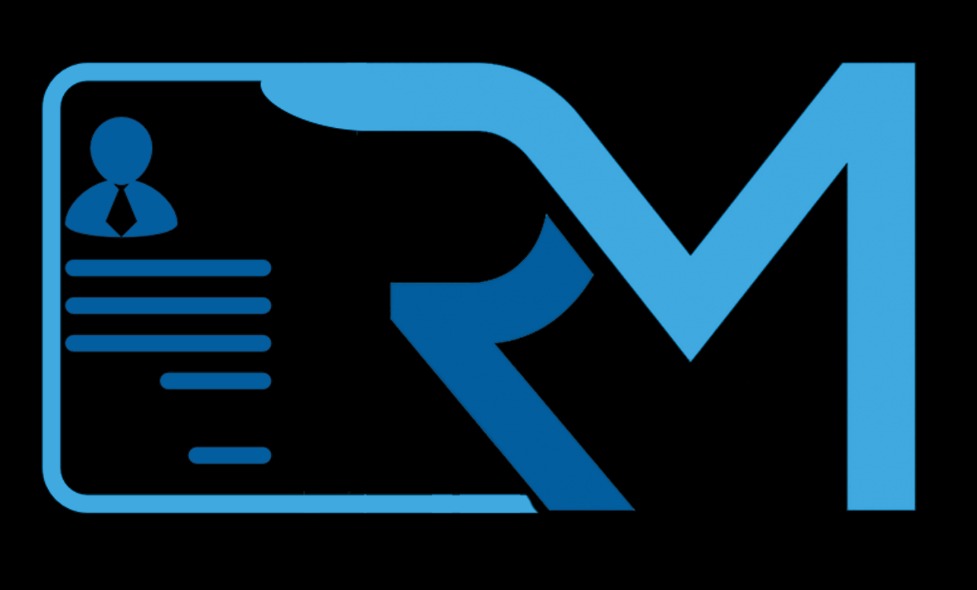In the competitive job market, crafting a standout resume is essential, and one effective way to elevate your document is by incorporating strong action verbs. Action verbs make your resume more dynamic and convey your contributions and accomplishments more effectively. This guide will explore the importance of action verbs, provide a comprehensive list categorized by skills, and offer tips for using them effectively.
Why Action Verbs Matter
1. Conveys Impact
Action verbs highlight your contributions and achievements, showing hiring managers the value you bring to a role.
2. Creates a Stronger Narrative
Using powerful verbs helps create a more engaging narrative about your career journey, making your experiences come alive.
3. Enhances Readability
Strong verbs improve the clarity of your resume, making it easier for hiring managers to quickly grasp your qualifications.
SEO Keywords: action verbs, resume impact, resume readability
How to Choose the Right Action Verbs
1. Align with Job Descriptions
Select action verbs that align with the skills and responsibilities outlined in the job description. This ensures relevance and demonstrates your fit for the role.
2. Be Specific
Choose verbs that accurately reflect your contributions. Instead of using a generic term like “managed,” opt for “led” or “coordinated” to convey the exact nature of your role.
3. Vary Your Vocabulary
Avoid repetition by using a diverse range of action verbs. This not only keeps your resume interesting but also showcases your versatility.
SEO Keywords: choosing action verbs, aligning with job descriptions, varying vocabulary
Comprehensive List of Action Verbs
Leadership and Management
- Led
- Directed
- Coordinated
- Supervised
- Facilitated
- Orchestrated
- Mentored
- Oversaw
Achievement and Results
- Achieved
- Accomplished
- Delivered
- Generated
- Exceeded
- Improved
- Increased
- Boosted
Creativity and Innovation
- Designed
- Developed
- Invented
- Initiated
- Created
- Conceptualized
- Implemented
- Formulated
Communication and Collaboration
- Collaborated
- Communicated
- Presented
- Negotiated
- Facilitated
- Mediated
- Engaged
- Promoted
Analysis and Problem-Solving
- Analyzed
- Assessed
- Evaluated
- Researched
- Solved
- Identified
- Recommended
- Improvised
Sales and Marketing
- Marketed
- Advertised
- Promoted
- Sold
- Trained
- Endorsed
- Cultivated
- Prospected
Technical Skills
- Programmed
- Developed
- Engineered
- Executed
- Configured
- Troubleshot
- Designed
- Constructed
Administrative Tasks
- Organized
- Coordinated
- Scheduled
- Maintained
- Streamlined
- Administered
- Processed
- Facilitated
SEO Keywords: action verb list, leadership verbs, creativity verbs
Tips for Using Action Verbs Effectively
1. Start Each Bullet Point with a Verb
Begin each bullet point in your experience section with a strong action verb to create a consistent and engaging format.
2. Be Concise
Combine action verbs with specific details to keep your statements clear and to the point. Avoid unnecessary words that could dilute the impact.
3. Quantify Achievements
Whenever possible, pair your action verbs with quantifiable results. For example, “Increased sales by 30% within six months by implementing targeted marketing strategies.”
4. Tailor for Each Application
Customize your action verbs based on the job description to ensure relevance and alignment with the company’s language.
SEO Keywords: using action verbs, concise statements, quantifying achievements
Conclusion
Incorporating strong action verbs into your resume can significantly enhance its effectiveness and impact. By selecting the right verbs, tailoring them to job descriptions, and pairing them with quantifiable achievements, you can create a compelling narrative that highlights your qualifications. Remember, your resume is your personal marketing tool—make it as dynamic and engaging as possible!
